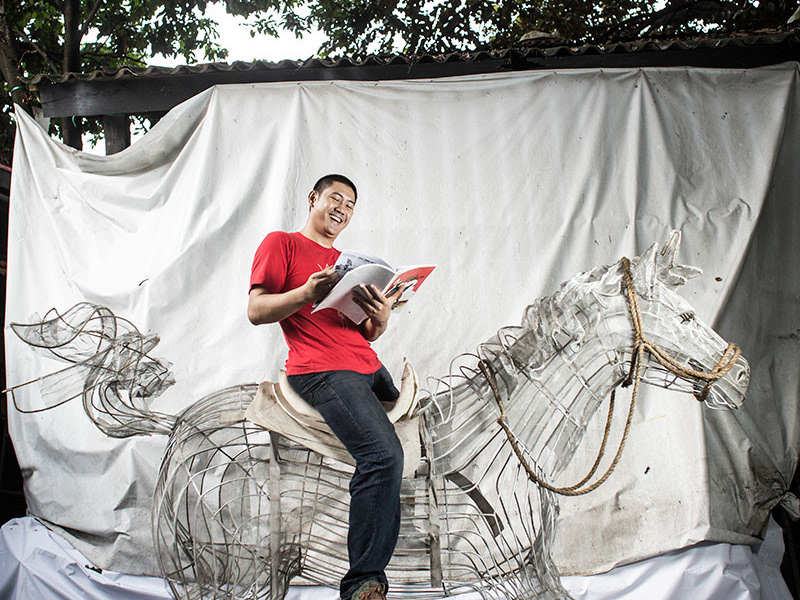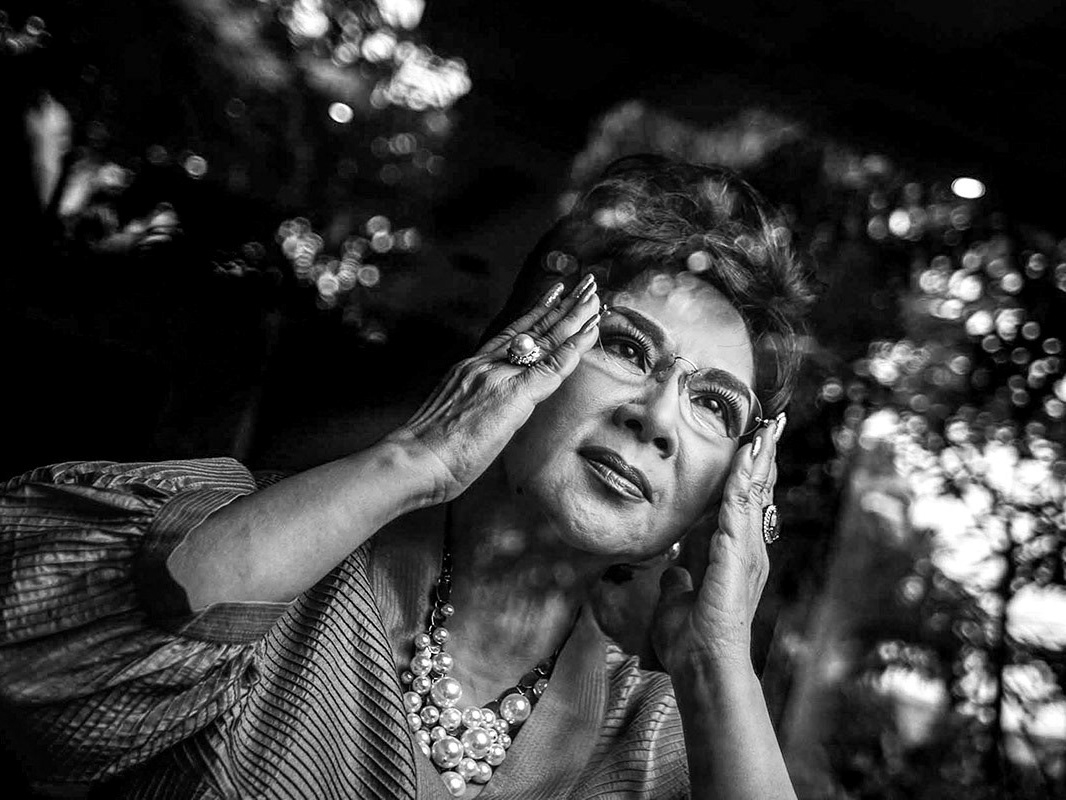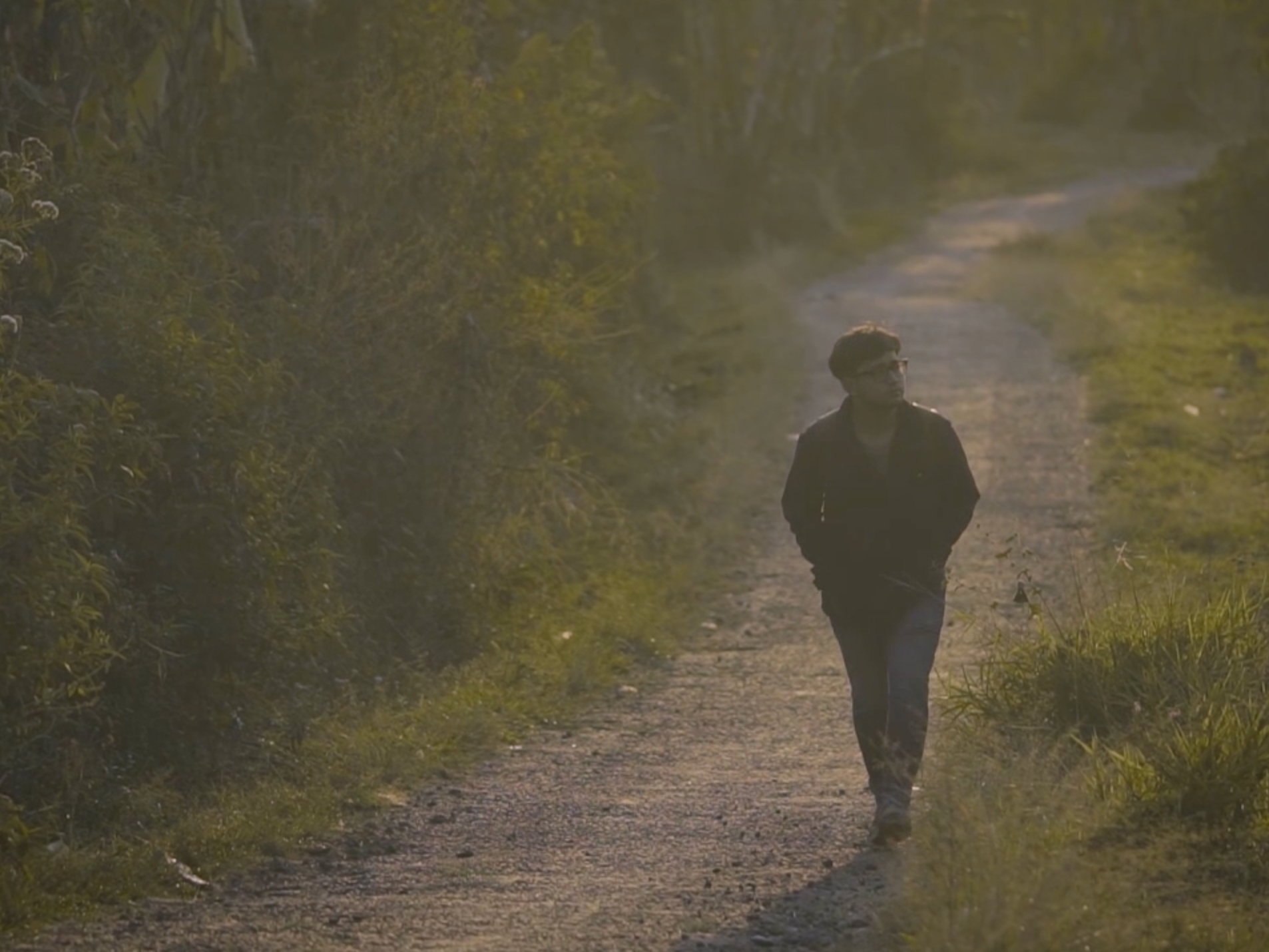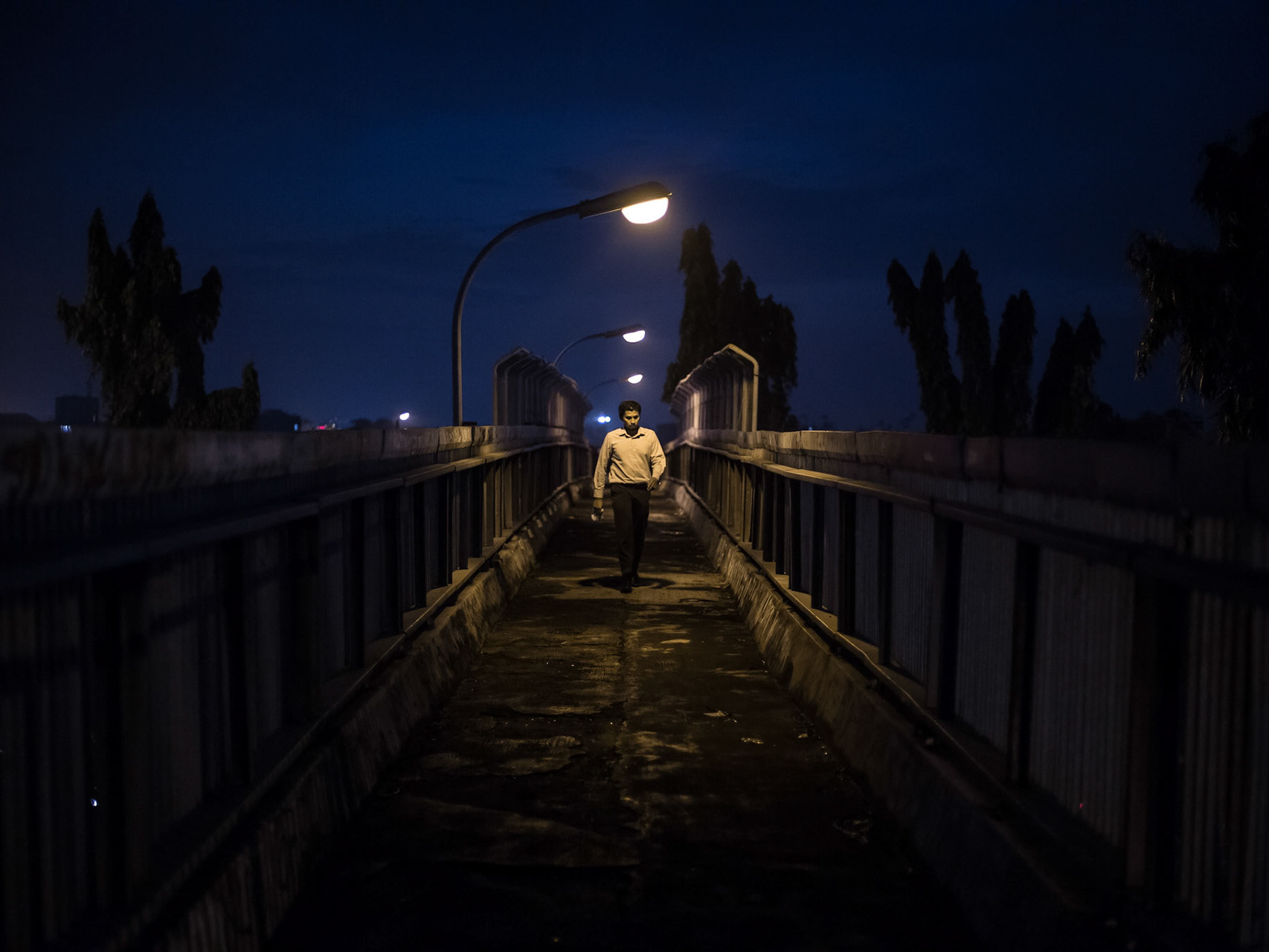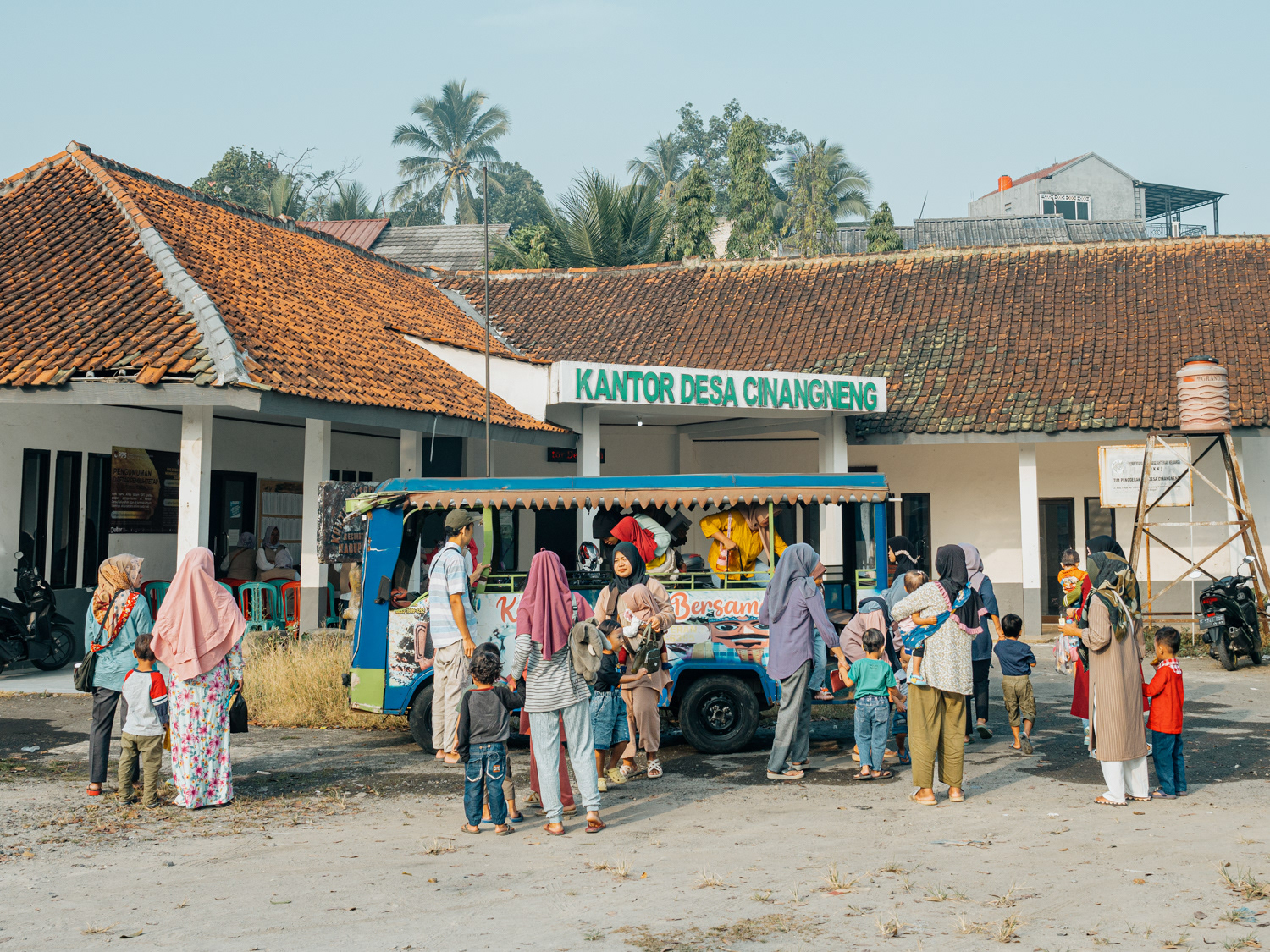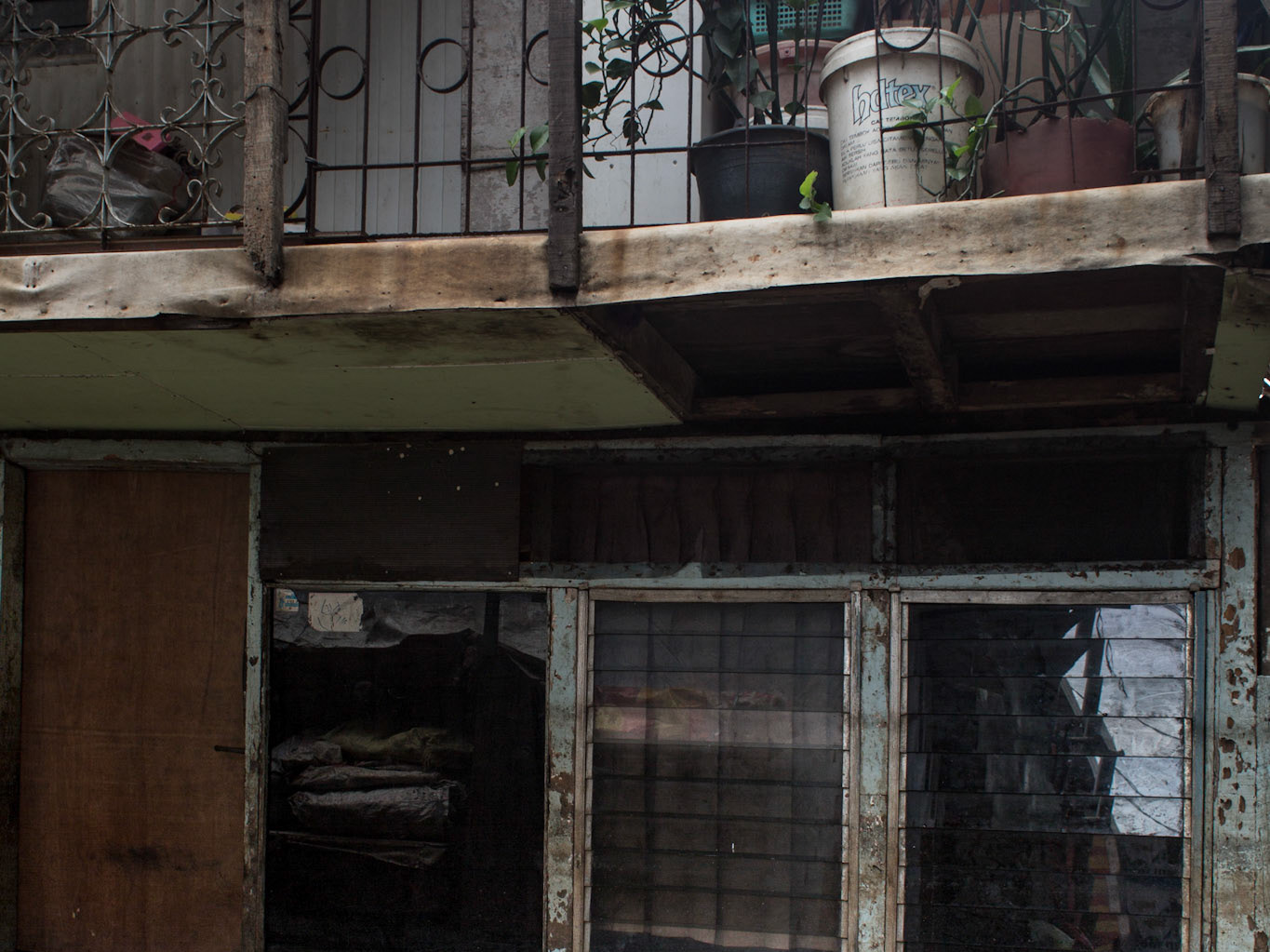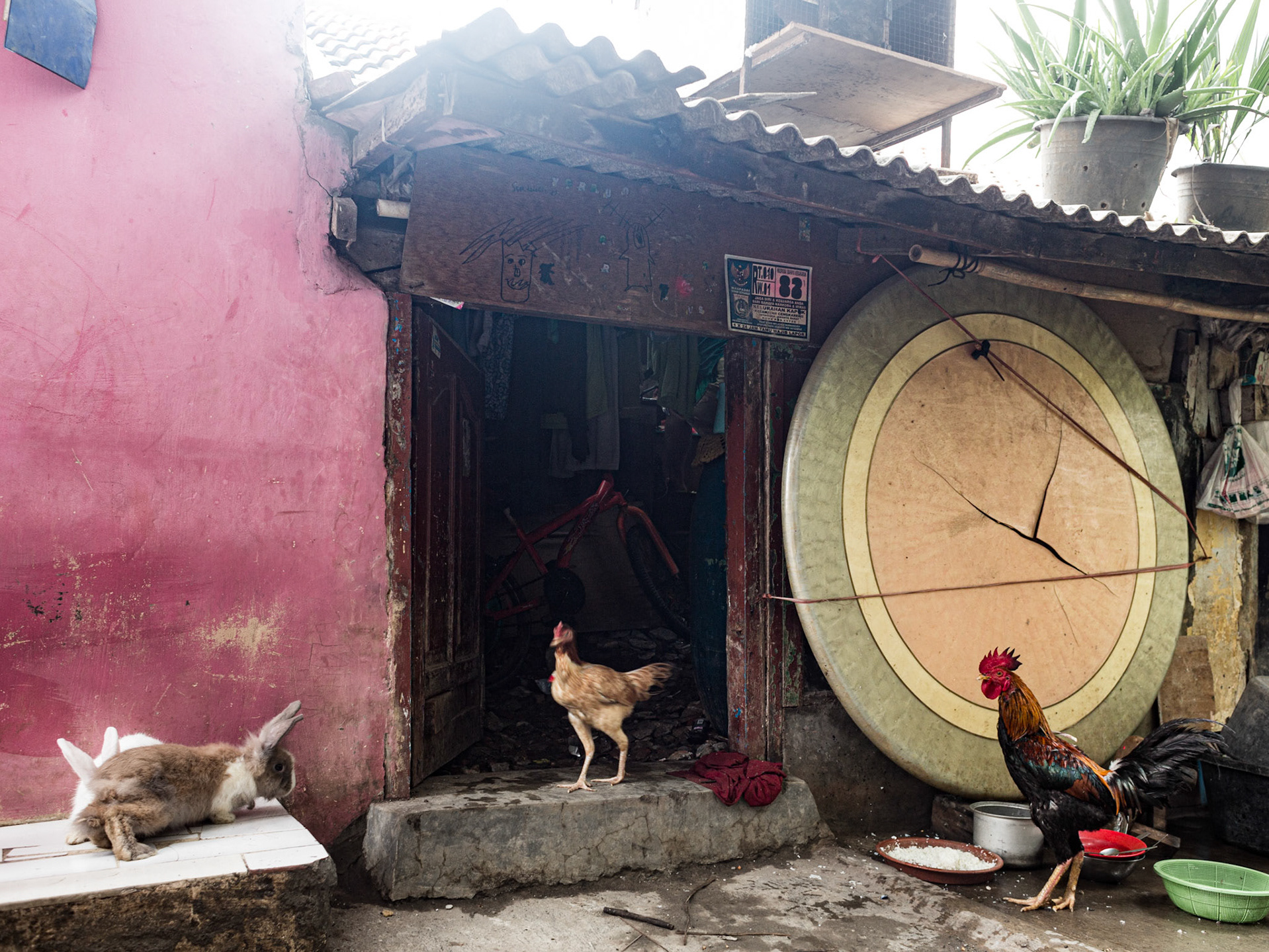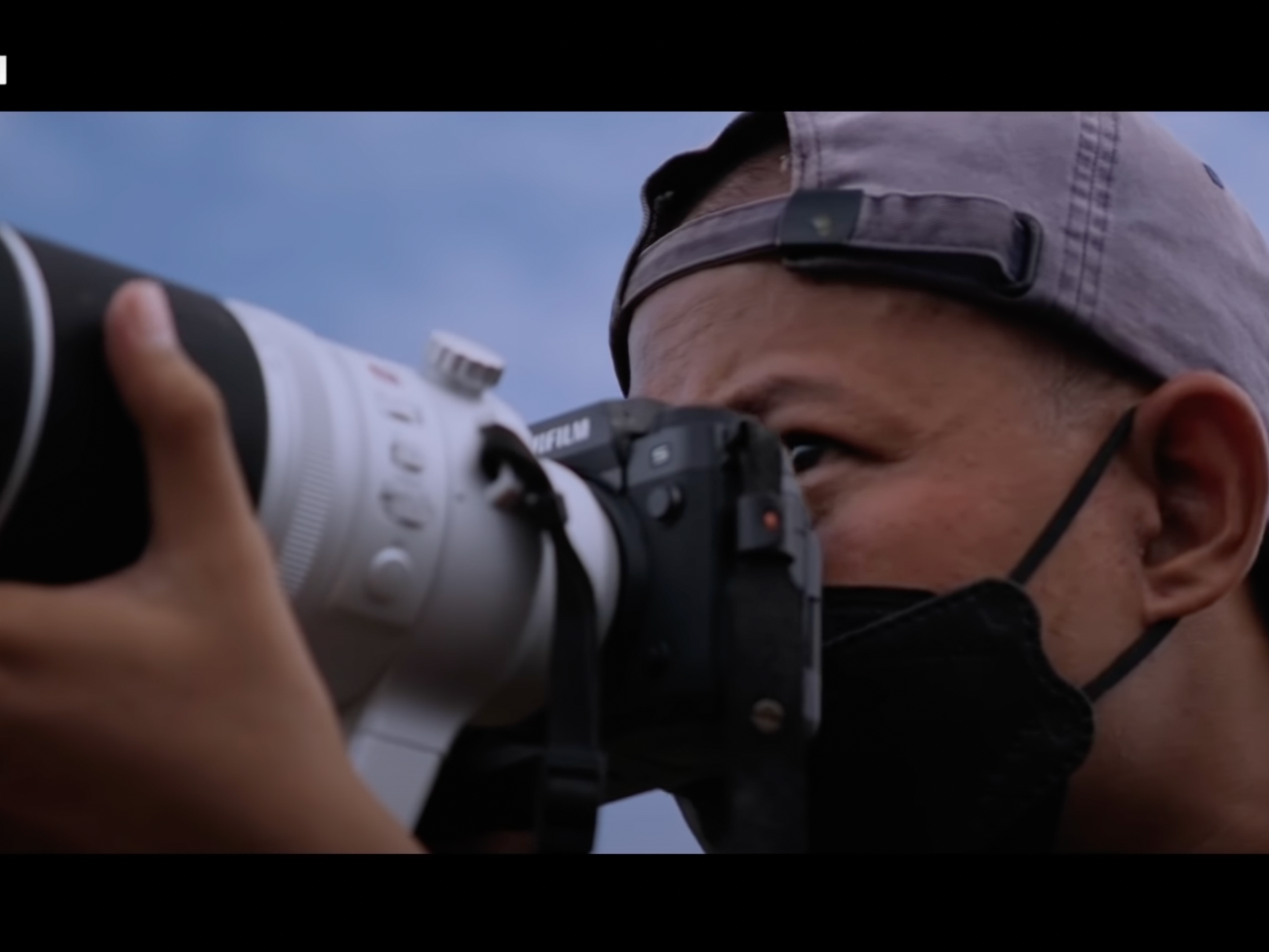"I am not a creator but I love these ancient teachings." Confucius said when teaching Rujiao, which means the belief of people who are meek, educated and virtuous. Religion after Confucius died in the 6th century BC is more known as Confucianism. He also teaches about the relationship between human beings "Ren Dao" and how we have a relationship with the creator of the universe (Tian Dao) which is called "Tian" or "Shang Di". In Indonesia, Confucianism has just been legalized as religion that was recognized by the state in the era of President Abdurahman Wahid's administration (1999-2001), since then the Chinese people have been able to openly celebrate their religious holidays again.
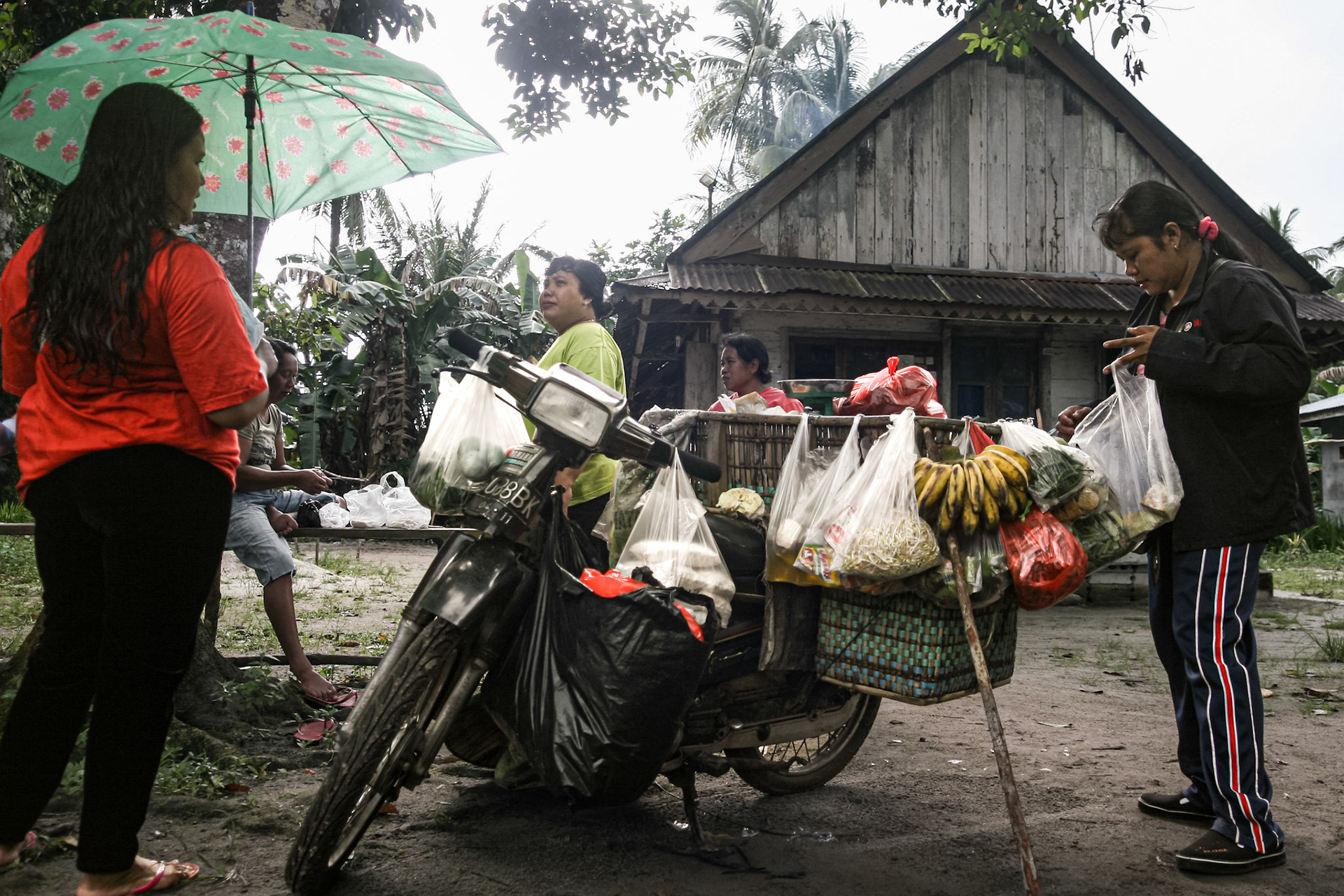
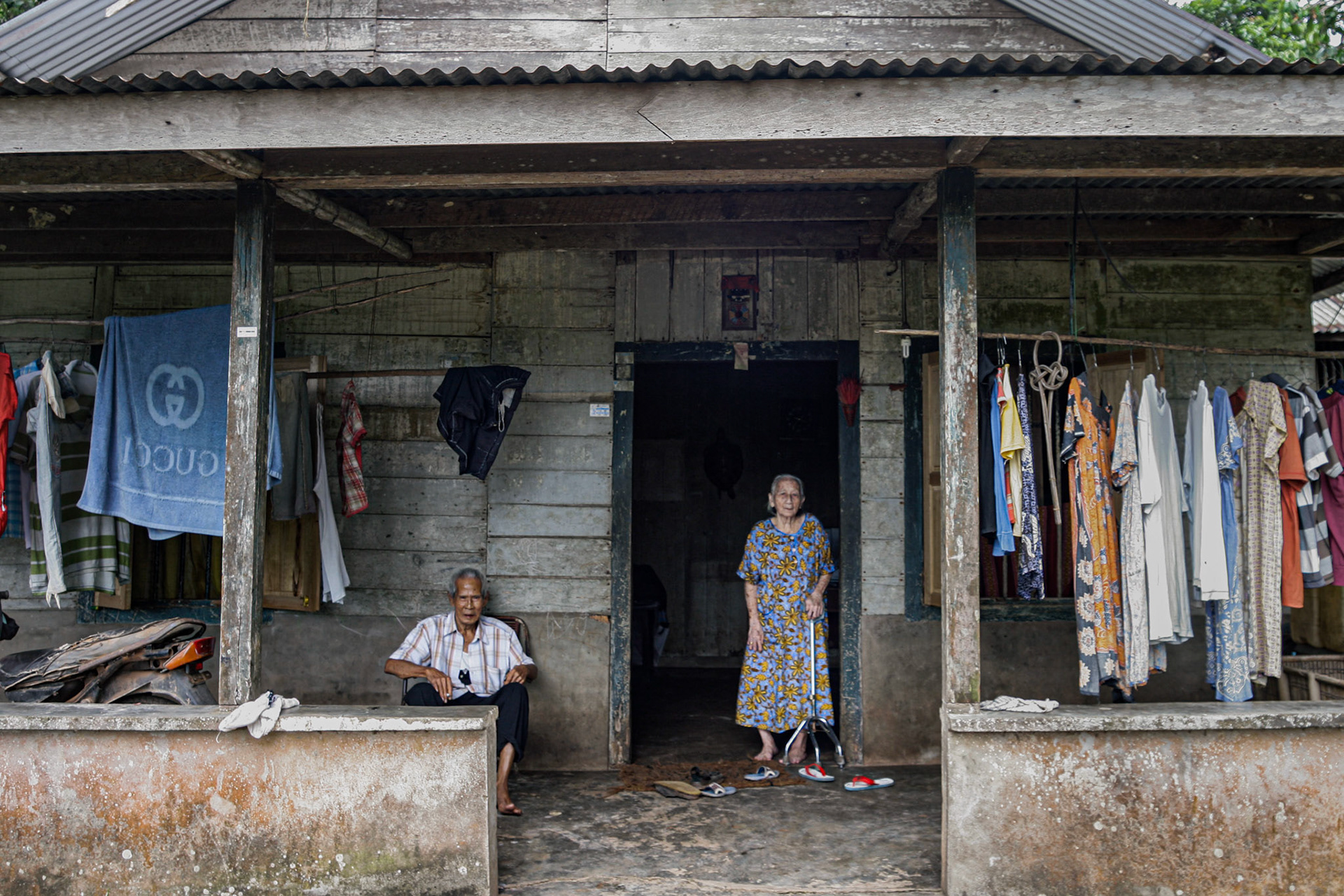
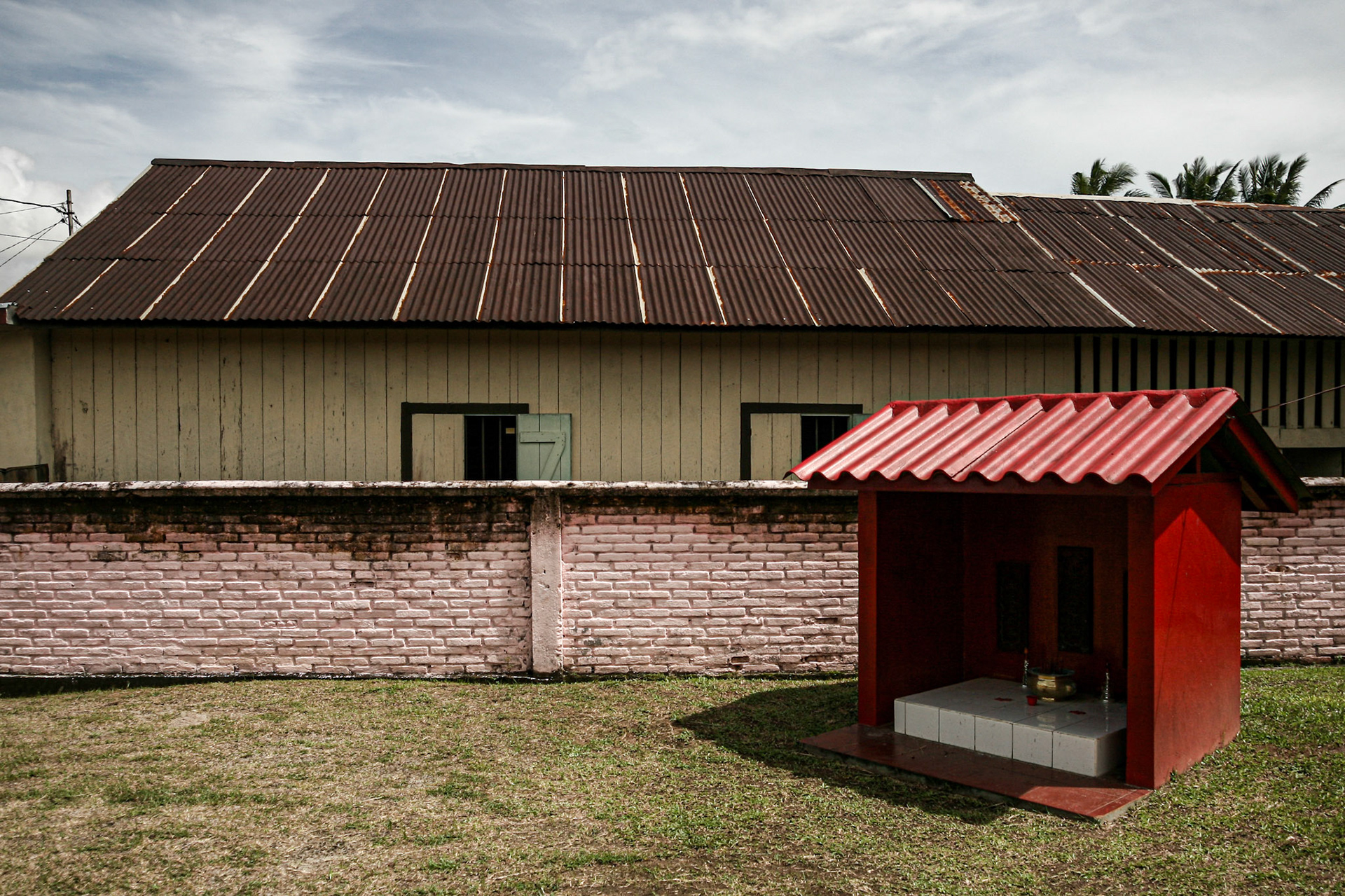
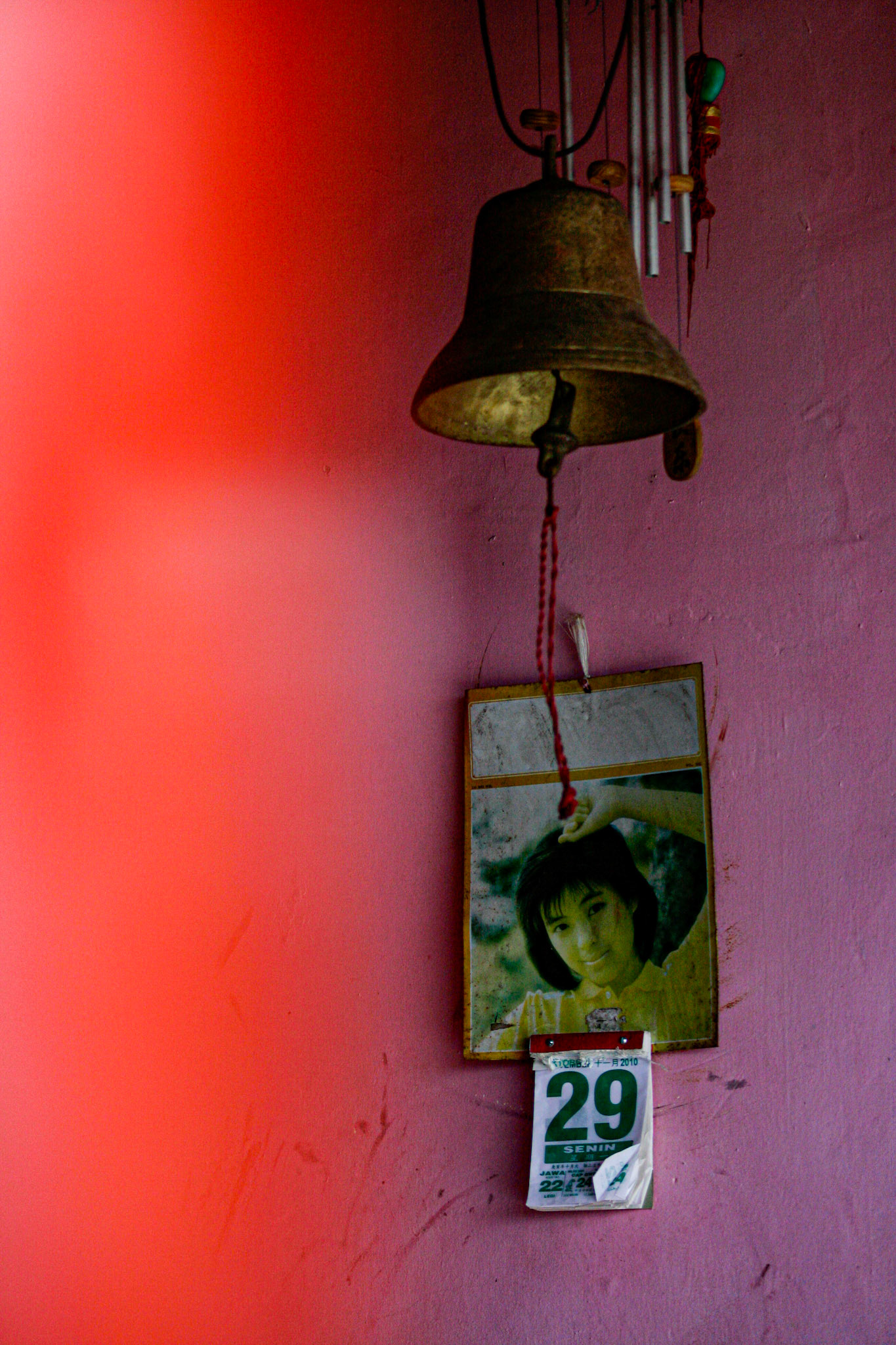
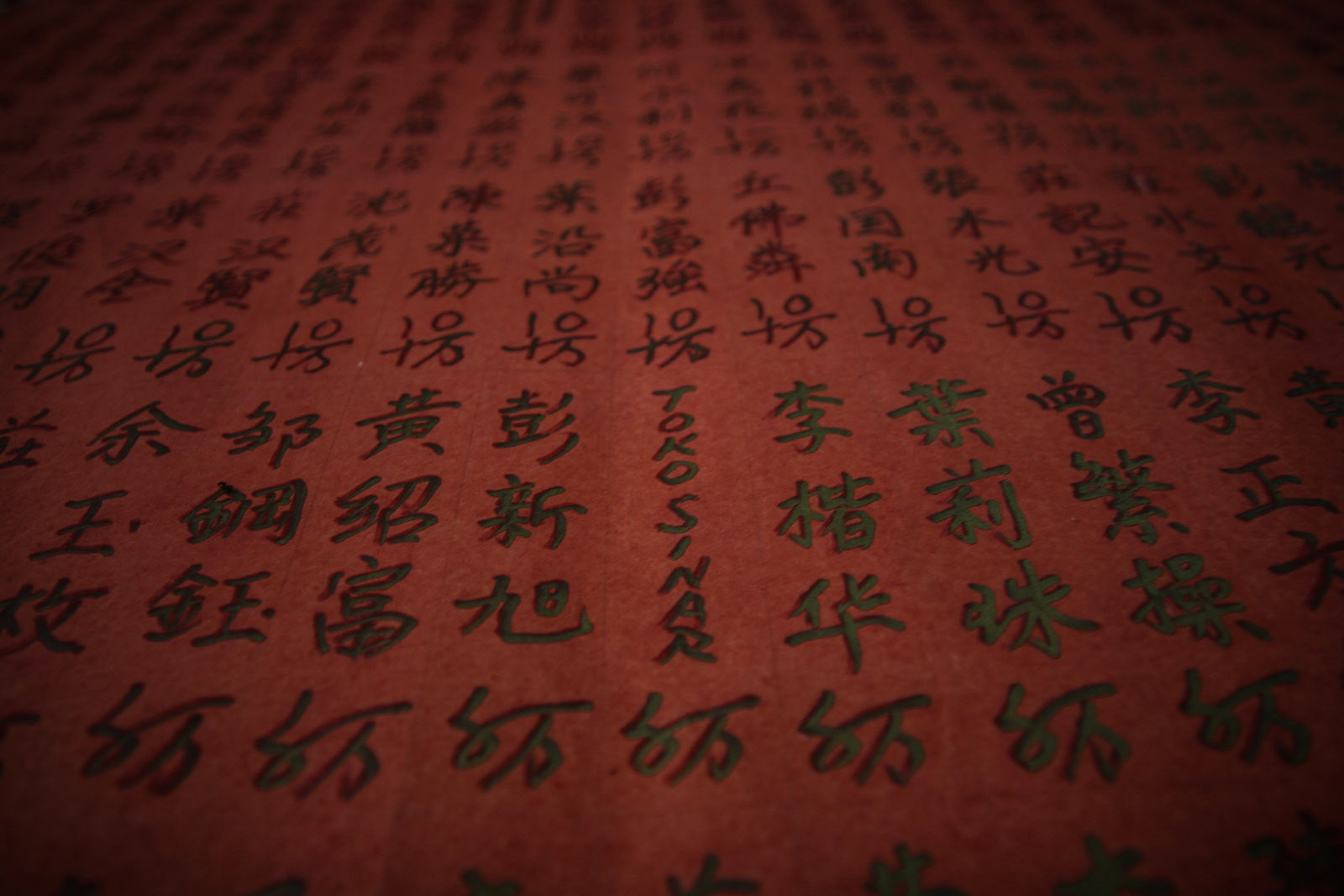
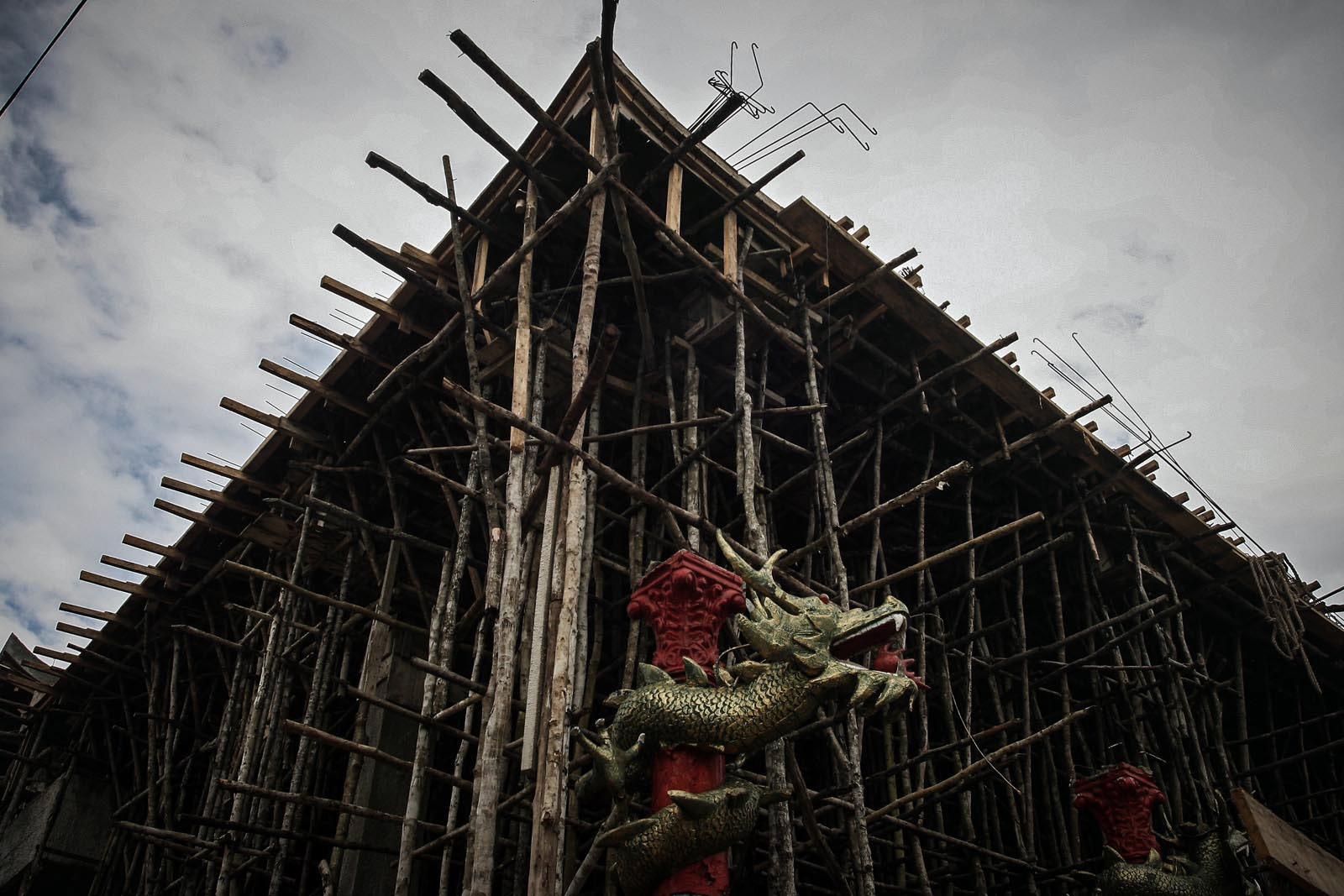
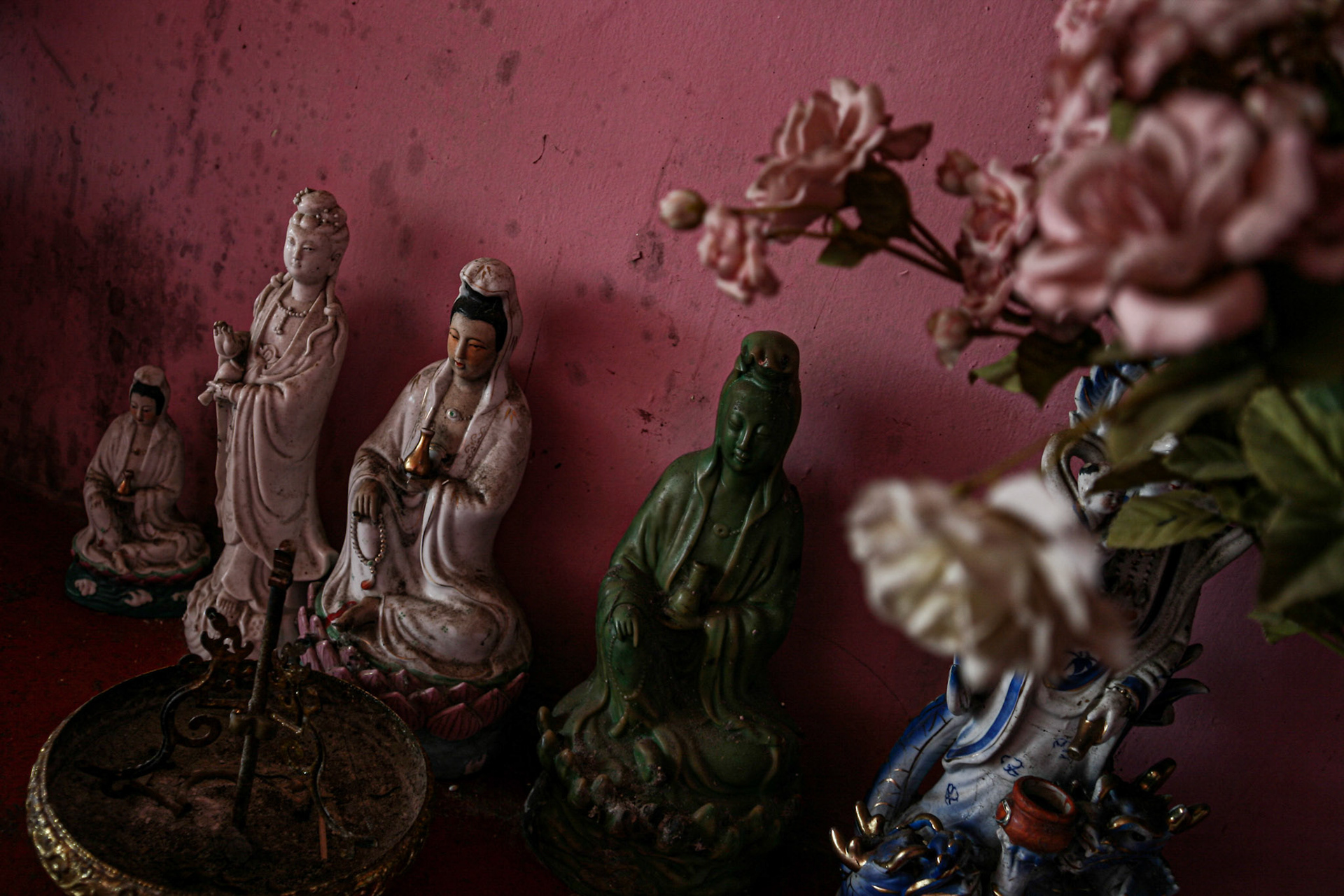
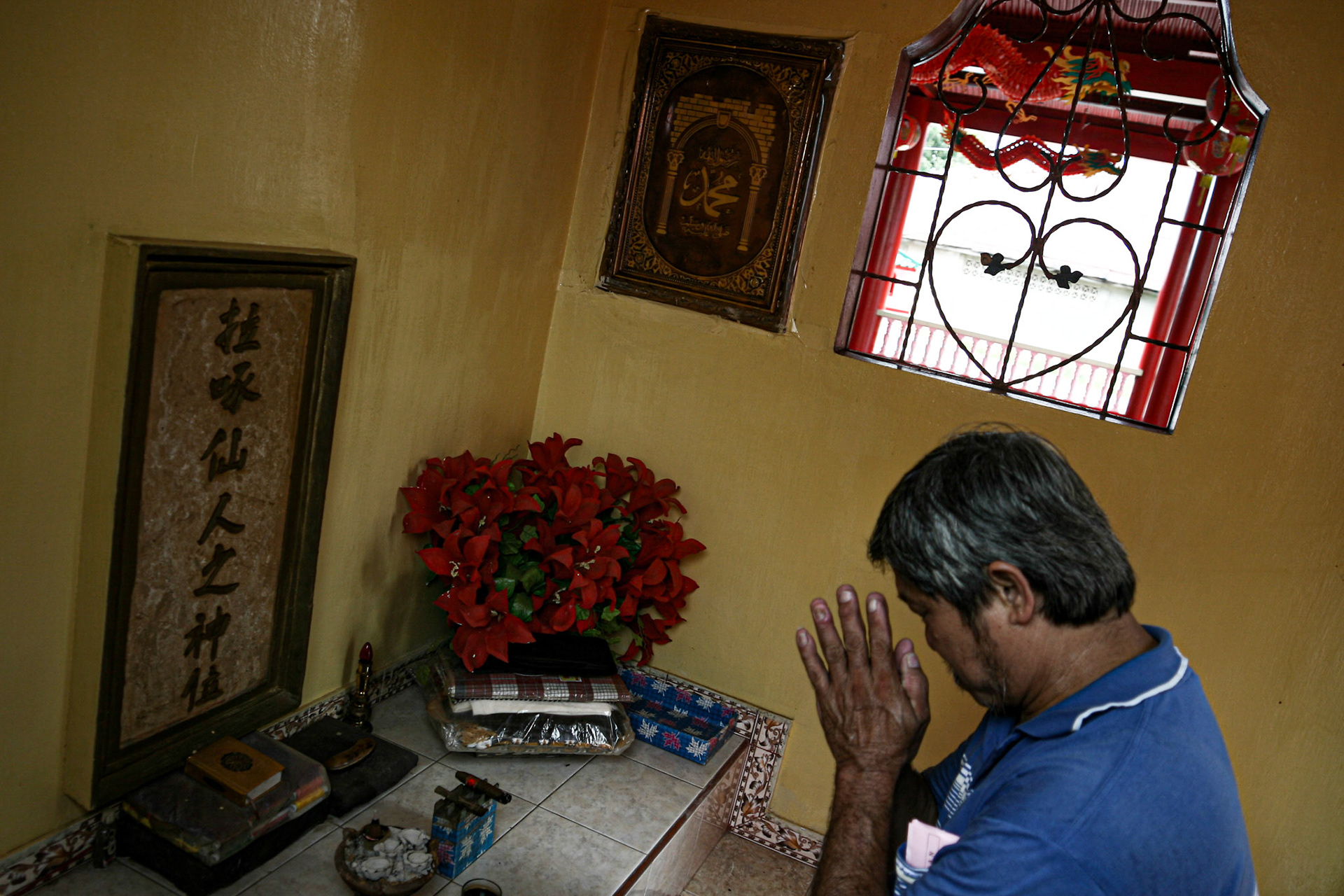
Confucianism in Belitung Island is closely related to the migration of miners from China since the early 19th century. In 1812 the Sultan of Palembang gave concessions to the mining of Timah in the islands of Bangka and Belitung to the King of England, since then a British representative (later replaced by the Dutch in 1816) was stationed on both islands and made contracts with Chinese miners. 80% of the Chinese who come to Belitung are from the Hakka tribe, in addition to a small number of Hokkien, Tiociu, Kwongfu and other ethnic groups. The Hakka are among the largest immigrants who migrated abroad because of economic pressure, the center of their hometown is located deep in the interior of Kwangtung province which consists of hilly areas that are less fertile. In 1919 there were 17,000 Chinese living on the island of Belitung, the majority of whom worked as tin mining workers belonging to the Dutch East Indies government.
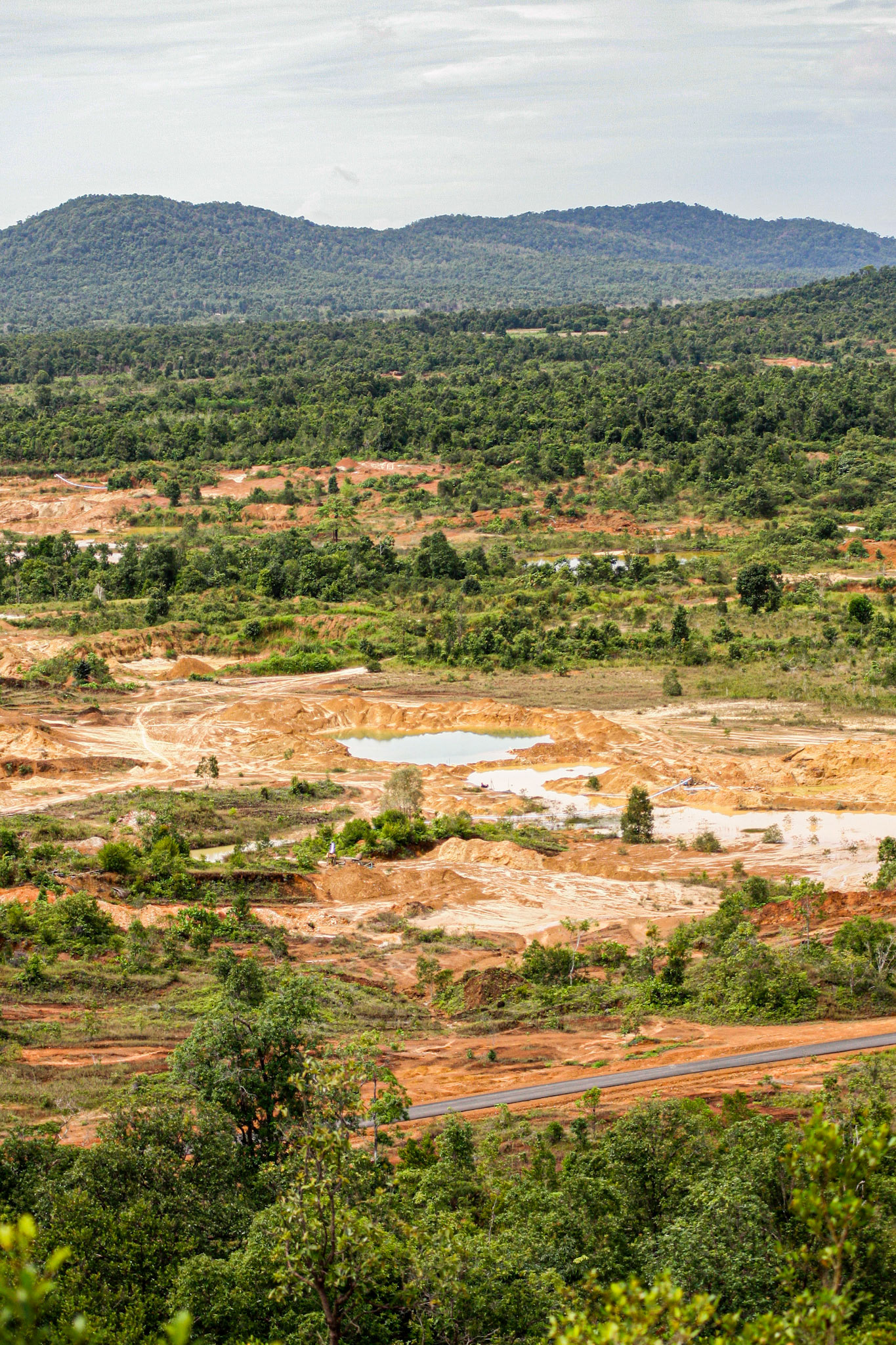

Since Indonesia's independence on August 17, 1945, all Dutch colonial-owned companies were nationalized. The tin mines in Belitung were controlled by the state and most of the Chinese miners began to change professions, some became traders. Tin mining accounts for 40% of regional income in the Bangka Belitung Islands, ironically the exploitation of tin for hundreds of years is still the community's choice of livelihood even though it has damaged nature. Even after the 1998 economic crisis, illegal mines emerged which resulted in many fatalities due to the absence of work safety facilities for mining workers, data from the Indonesian Forum for the Environment (WALHI) Bangka Belitung stated that 59 people died during 2017-2020.
Belitung's landscape is very beautiful, with many beaches which since the 2000's began to develop into tourist destinations that should be an environmentally friendly economic source for the people of Belitung. Borrowing the philosophy of Confucianism, balance the relationship with the creator of the universe and between humans, then we should end the overexploitation of natural resources.
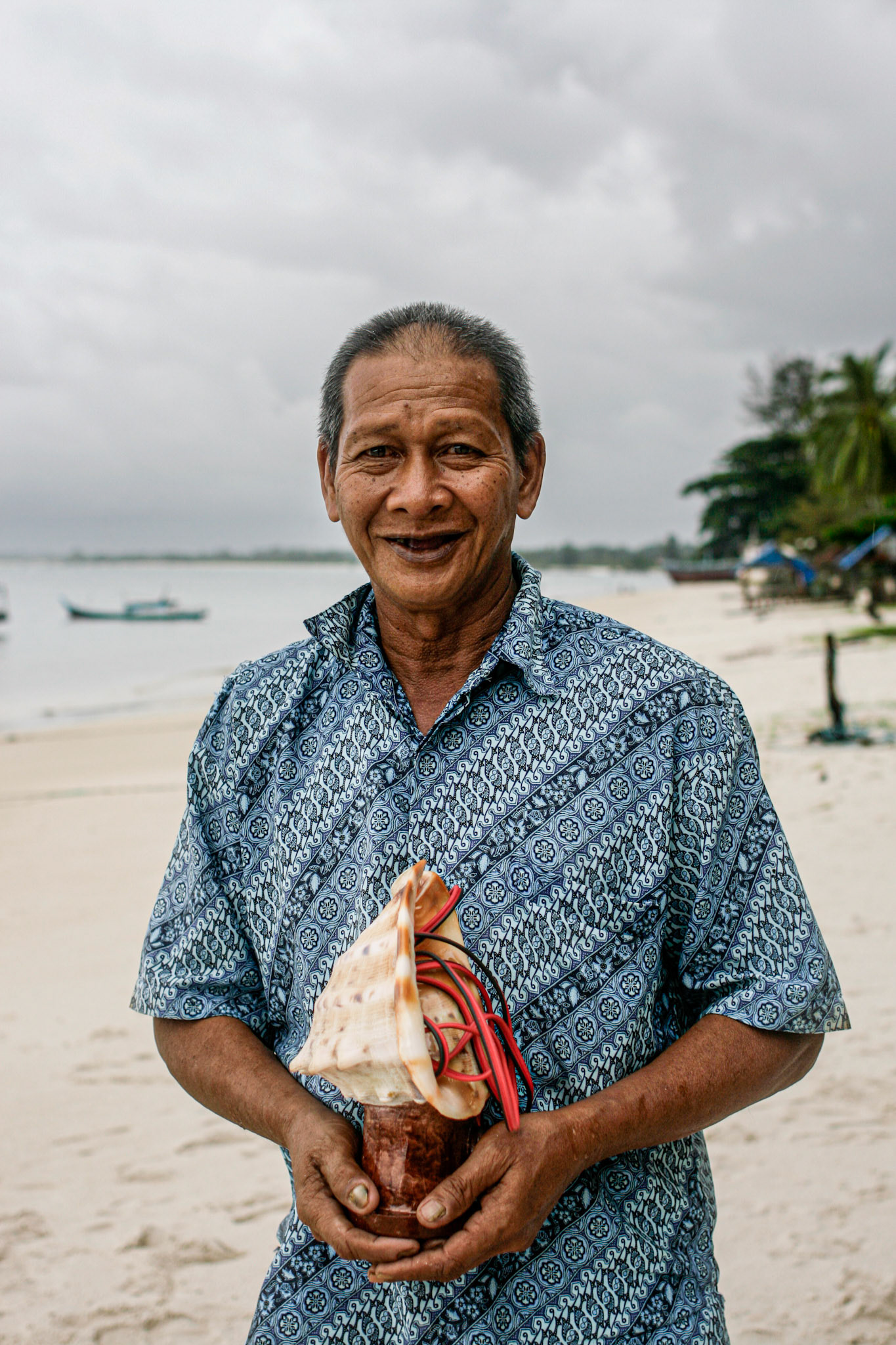
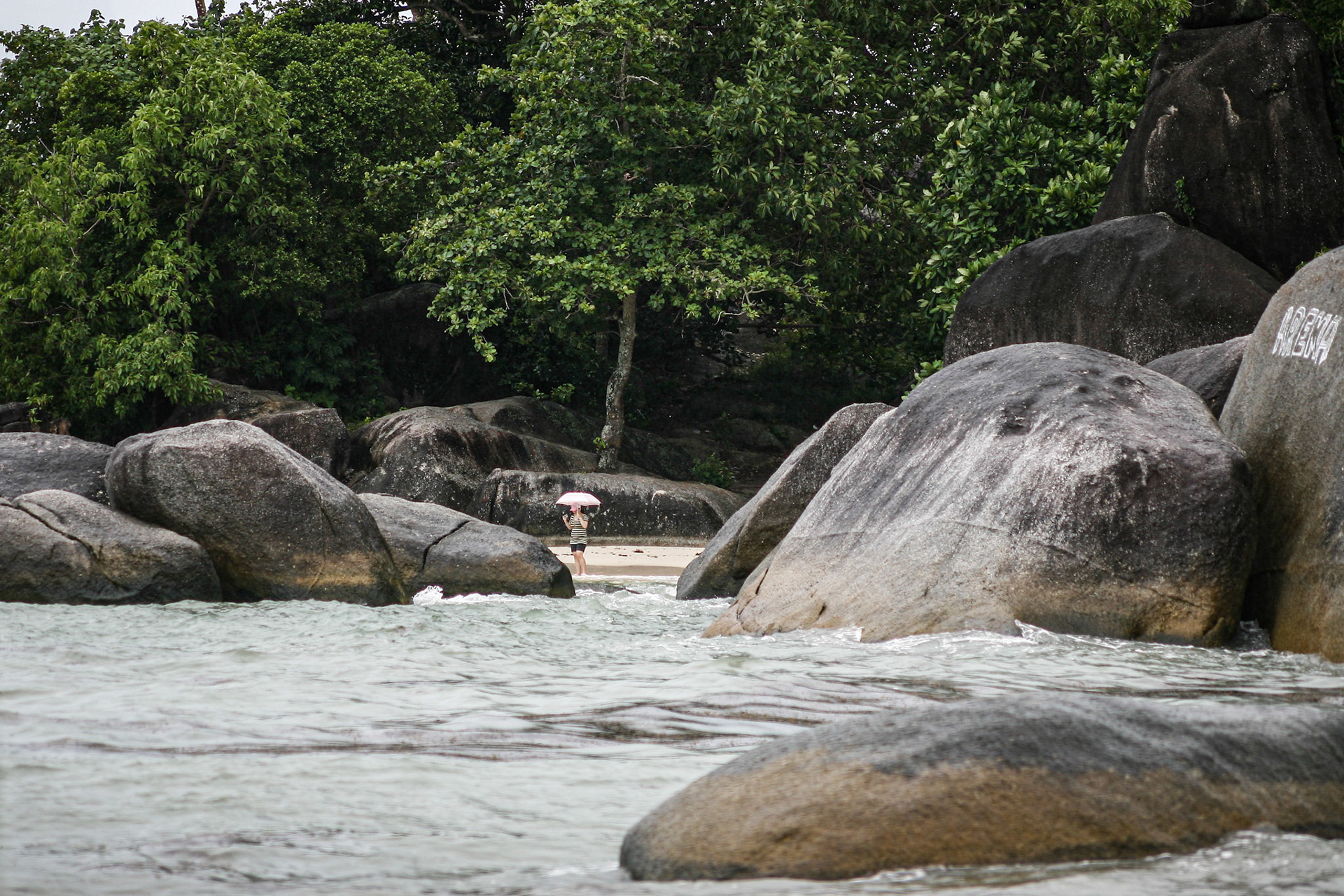
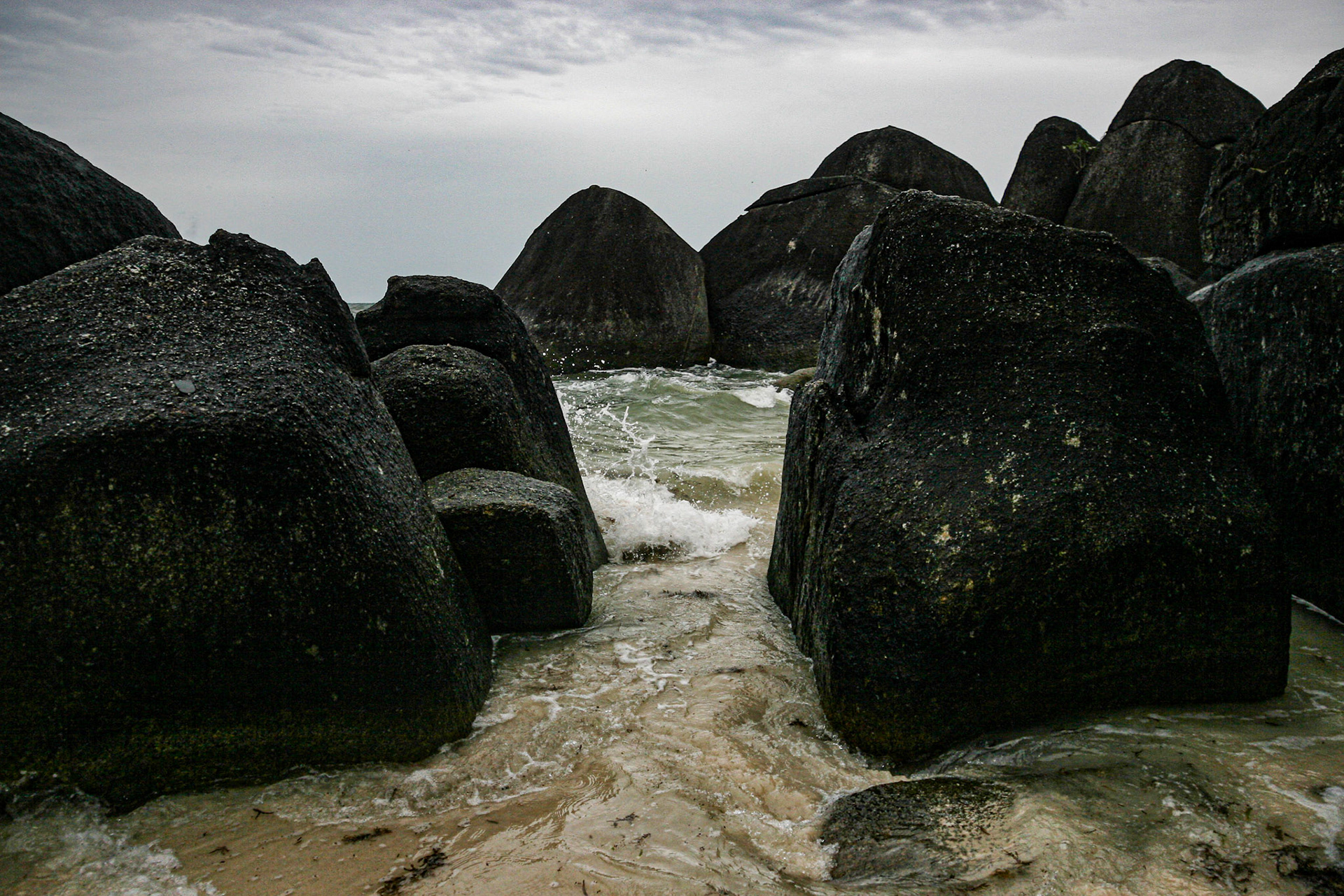
This photographs was a part of Tempo magazine reportage, it has been published on the rubric Intermezo in Tempo Magazine Indonesian edition January 17-23, 2011 and the English edition January 19-25, 2011.
